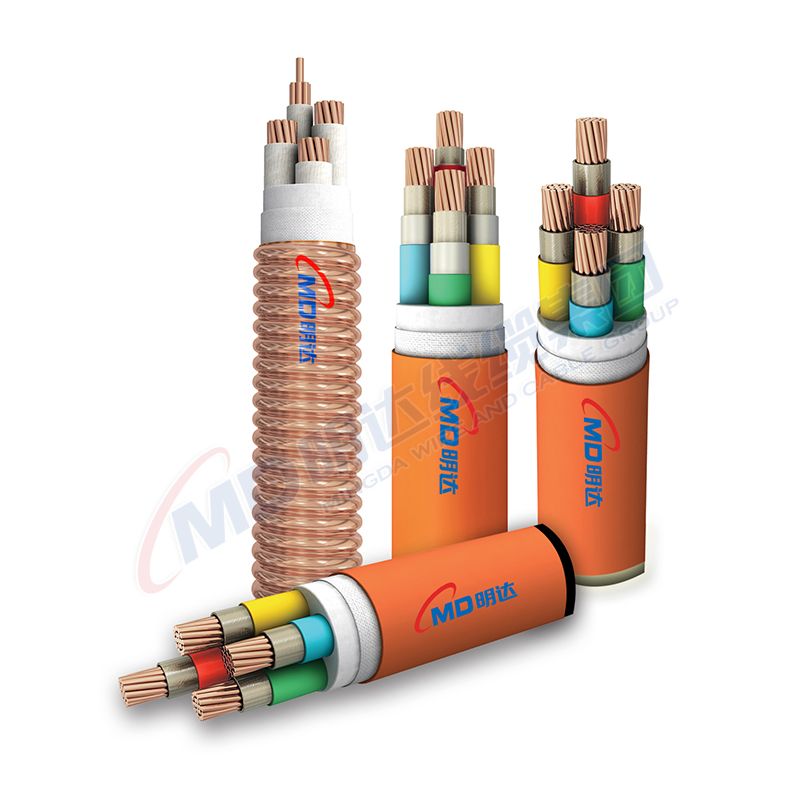Nov . 01, 2024 02:18 Back to list
Gate Valve Actuator Selection and Installation Guide for Optimal Performance and Efficiency
Understanding Gate Valve Actuators
Gate valve actuators are crucial components in various industrial applications, enabling the efficient and reliable control of fluid flow through gate valves. These actuators function by converting electrical, pneumatic, or hydraulic energy into mechanical motion, thereby facilitating the opening and closing of the valve. The choice of actuator can significantly impact the performance, response time, and overall efficiency of the gate valve system.
Gate valves, primarily designed for on-off control, are preferred in applications where minimal pressure drop and a straight-line flow are essential. They are widely used in sectors such as oil and gas, water treatment, HVAC systems, and power generation. Despite their advantages, gate valves require an appropriate actuator to function optimally.
There are various types of actuators available for gate valves, including electric, pneumatic, and hydraulic actuators. Electric actuators are highly popular due to their ease of integration with control systems and ability to provide precise positioning. They function through an electric motor that drives a gearbox to turn the valve stem. This type of actuator is ideal for applications requiring remote operation and automation.
gate valve actuator

On the other hand, pneumatic actuators use compressed air to operate the valve. They are known for their fast response times and reliability in applications where speed is critical. Pneumatic actuators are typically simpler and lighter than electric actuators, making them suitable for severe environments and conditions where electric power is not readily available.
Hydraulic actuators are another alternative, particularly in heavy-duty applications. They use hydraulic fluid to generate force, making them suitable for large valves that require significant torque for operation. Hydraulic actuators are often used in industries such as mining and petrochemical where robust performance is essential.
When selecting a gate valve actuator, factors such as valve size, application type, required response time, and environmental conditions must be considered. Proper actuator selection enhances the overall efficiency and effectiveness of the valve system. Additionally, regular maintenance of actuators is vital to ensure long-term reliability and performance.
In conclusion, gate valve actuators play a critical role in controlling fluid flow in various industries. The choice among electric, pneumatic, and hydraulic actuators depends on specific application requirements and operational conditions. By understanding the functionality and capabilities of each type, engineers and operators can optimize their valve systems for improved efficiency and reliability.
Share
-
Reliable Wafer Type Butterfly Valves for Every IndustryNewsJul.25,2025
-
Reliable Flow Control Begins with the Right Ball Check ValveNewsJul.25,2025
-
Precision Flow Control Starts with Quality ValvesNewsJul.25,2025
-
Industrial Flow Control ReliabilityNewsJul.25,2025
-
Engineered for Efficiency Gate Valves That Power Industrial PerformanceNewsJul.25,2025
-
Empowering Infrastructure Through Quality ManufacturingNewsJul.25,2025